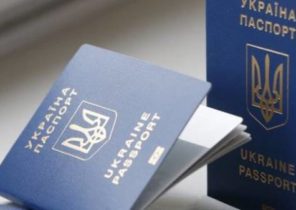
A new way to protect personal health data developed at Binghamton state University of new York. As the unique identifier acts as the heartbeat of the patient, writes hightech.fm with reference to Phys.org.
“The price and complexity of traditional encryption prevent their use in telemedicine or mobile health. Because these technologies are gradually replacing medical care in clinics, we wanted to find a unique solution to protect sensitive medical data, simple, accessible and affordable,” says Janpan Jin, one of the authors of the study.
The traditional means of digital security encryption or cryptography is usually expensive, require a lot of time and computing resources. Binghamton scientists decided to encrypt the patient data with a unique ECG, measuring electrical activity of the heart using biosensors placed on the skin.
The ECG signal is one of the most important and common settings, which is collected and analyzed to understand the status of the health of the patient, said Jin. Because this data is still needed for diagnosis, the researchers decided to use them for encryption. Therefore, the privacy is achieved at minimum cost.
The identification scheme proposed by Jin, based on his previous work on the possibility of using as a password a unique fingerprint of the brain, and researches encryption of his colleagues, Linke and Professor Yu Chen.
Since reading electrocardiograms can change with age or because of illness, or the patient may want to change the encryption method in the plans of scientists to develop a method that incorporates these variables.
According to experts of company Experian, in 2017, the main target will be the health institutions. The stolen data will be subject to sales on the black market and blackmail with the help of special programs-extortionists.







